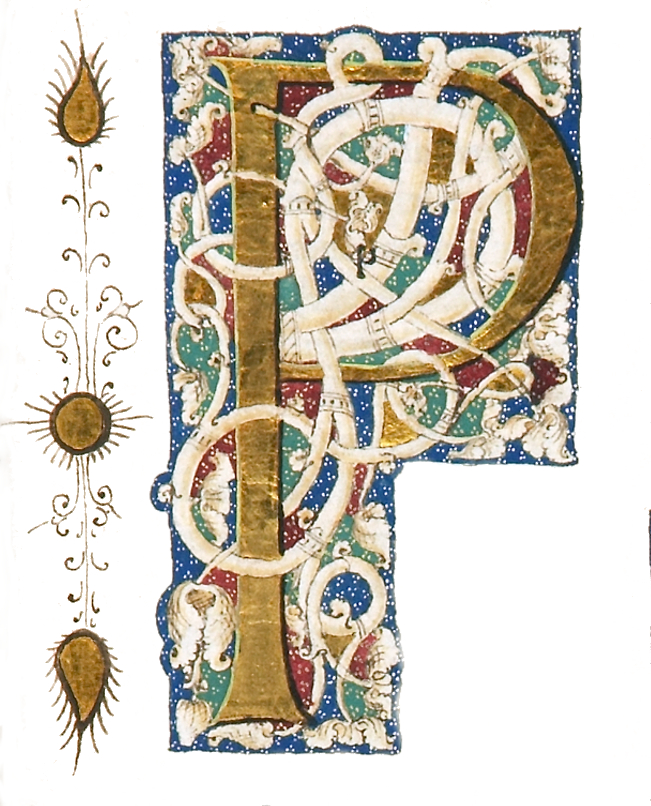1652 · Amsterdam
by (ELZEVIER IMPRINT). PLAUTUS, MARCUS ACCIUS
Amsterdam: Typis Ludovici Elzevirii, 1652. First Elzevier Edition. 117 x 60 mm. (4 1/2 x 2 1/4"). 715 [1] pp., [2] leaves.
Excellent 19th century crimson straight-grain morocco, the covers with a floral roll border framed by double rules, raised bands, spine exuberantly gilt in compartments with foliate sprays extending from small circular black morocco onlays, turn-ins gilt, marbled endpapers, all edges gilt. Foliated headpiece, historiated tailpiece; engraved title page depicting Plautus, masks at his feet, with a play in progress behind him, the cast including a dancing satyr. Front free endpaper with the inked monogram of Edwin Wolf II; faded early ink inscriptions to the upper edge of the title page and first page of the text. Willems 1152; Rahir 1174. ◆Fore-edge margin trimmed away on title leaf, paper not the brightest (but not the result of browning), isolated trivial spotting; AN EXTREMELY PRETTY COPY in a beautifully decorated, very lustrous binding showing only a whisper of wear.
This handsomely bound, very well-preserved copy of the first and only Elzevier edition of Plautus' 20 surviving comedies comes from one of the most notable American collections of the 20th century. Plautus, who began staging his comedies during the Second Punic War in the late third century B.C., is the earliest major Roman author whose works survive in some quantity. Plautus (ca. 254-184 B.C.) excelled in making the Romans laugh with his rollicking comedies populated by misanthropes, simpering maidens, clever ladies of the night, and pert, fast-talking slaves. His zany and often ribald plays give us a picture of Italian society before Greek influence had polished the rough edges, and his language is an important source of information for the understanding of the development of Latin. Willems cautions that there also exists a false Elzevier Plautus, probably published by Blaeu and nearly identical to the true Elzevier, the latter being distinguished by the headpiece that appears on page three of the present volume. This copy has a distinguished provenance. Except for the fabled A. S. W. Rosenbach (for whom he worked for more than 20 years), Edwin Wolf II (1911-91) was probably the most famous bibliophile associated with the city of Philadelphia. He came to fame as librarian at the Library Company of Philadelphia, where he began a lengthy career in 1952. He produced important books and articles as well as mounted memorable exhibitions of a wide range of books and manuscripts for Rosenbach, the Library Company, and the Grolier Club, of which he was a long and distinguished member. (Wolf's biography of Rosenbach is a classic account of rare bookselling in America.) His own collection was highlighted by American Judaica, colonial books, American embossed bindings, and Elzeviers, typically in fine bindings, as here.. (Inventory #: ST19567-103)
Excellent 19th century crimson straight-grain morocco, the covers with a floral roll border framed by double rules, raised bands, spine exuberantly gilt in compartments with foliate sprays extending from small circular black morocco onlays, turn-ins gilt, marbled endpapers, all edges gilt. Foliated headpiece, historiated tailpiece; engraved title page depicting Plautus, masks at his feet, with a play in progress behind him, the cast including a dancing satyr. Front free endpaper with the inked monogram of Edwin Wolf II; faded early ink inscriptions to the upper edge of the title page and first page of the text. Willems 1152; Rahir 1174. ◆Fore-edge margin trimmed away on title leaf, paper not the brightest (but not the result of browning), isolated trivial spotting; AN EXTREMELY PRETTY COPY in a beautifully decorated, very lustrous binding showing only a whisper of wear.
This handsomely bound, very well-preserved copy of the first and only Elzevier edition of Plautus' 20 surviving comedies comes from one of the most notable American collections of the 20th century. Plautus, who began staging his comedies during the Second Punic War in the late third century B.C., is the earliest major Roman author whose works survive in some quantity. Plautus (ca. 254-184 B.C.) excelled in making the Romans laugh with his rollicking comedies populated by misanthropes, simpering maidens, clever ladies of the night, and pert, fast-talking slaves. His zany and often ribald plays give us a picture of Italian society before Greek influence had polished the rough edges, and his language is an important source of information for the understanding of the development of Latin. Willems cautions that there also exists a false Elzevier Plautus, probably published by Blaeu and nearly identical to the true Elzevier, the latter being distinguished by the headpiece that appears on page three of the present volume. This copy has a distinguished provenance. Except for the fabled A. S. W. Rosenbach (for whom he worked for more than 20 years), Edwin Wolf II (1911-91) was probably the most famous bibliophile associated with the city of Philadelphia. He came to fame as librarian at the Library Company of Philadelphia, where he began a lengthy career in 1952. He produced important books and articles as well as mounted memorable exhibitions of a wide range of books and manuscripts for Rosenbach, the Library Company, and the Grolier Club, of which he was a long and distinguished member. (Wolf's biography of Rosenbach is a classic account of rare bookselling in America.) His own collection was highlighted by American Judaica, colonial books, American embossed bindings, and Elzeviers, typically in fine bindings, as here.. (Inventory #: ST19567-103)






![THE RAPE OF THE LOCK, AND OTHER POEMS. [bound with] AN ESSAY ON MAN, AND OTHER POEMS](https://d3525k1ryd2155.cloudfront.net/h/865/925/1655925865.0.m.jpg)
